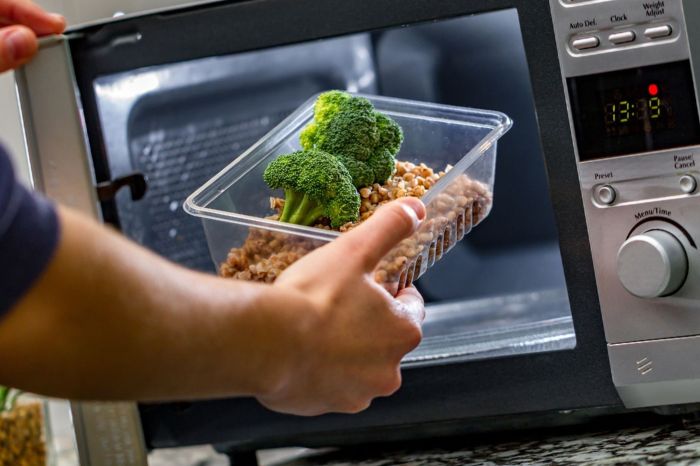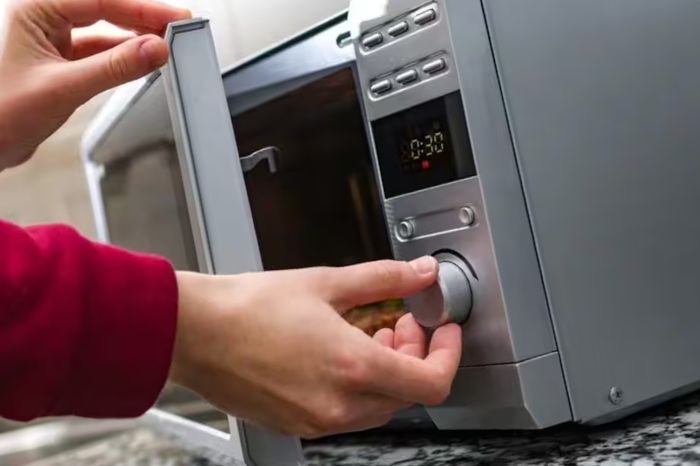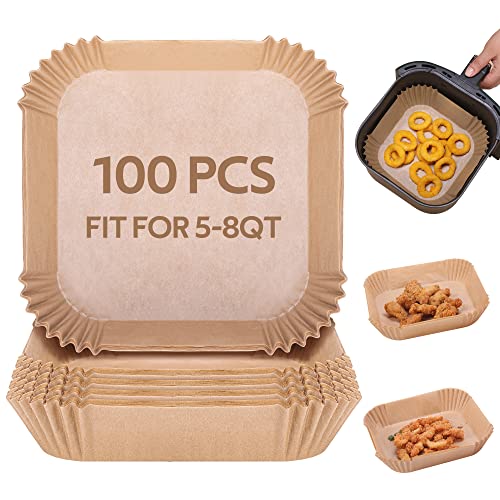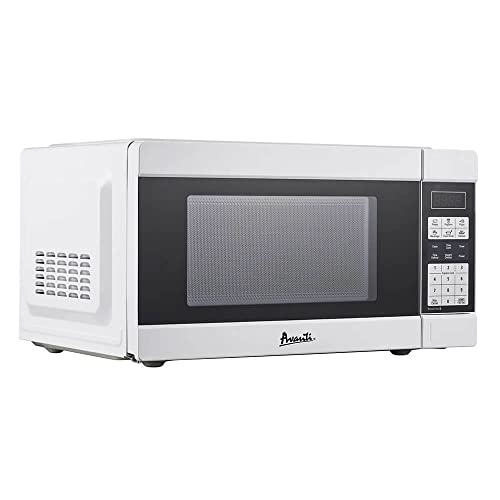How Does The Microwave Affect Food?
Microwaves have become an essential appliance in modern kitchens, providing a convenient way to heat food quickly and efficiently. Unlike conventional ovens, which use the heat generated by electric or gas elements to cook food, microwaves utilize electromagnetic waves to heat food from the inside out. This innovative technology has revolutionized the way we prepare meals, but at the same time, it has sparked concerns about the effect of microwaving on the nutritional content of food.
However, while it is convenient, many people are concerned about the impact of this technology on the nutritional value of the food. In this article “How does the microwave affect food?”, we will look at how a microwave oven works, its impact on food, and some tips for cooking healthy meals with a microwave.
What Is A Microwave And How Does It Work To Heat Food Quickly And Efficiently?
A microwave is an electronic device that uses electromagnetic radiation to heat food quickly and efficiently. The radiation generated by a microwave has a specific frequency that causes water, fat, and sugar molecules in the food to vibrate rapidly, creating heat.
The microwave has a small magnetron tube that generates microwave radiation. The radiation is directed into a metal cavity inside the microwave that reflects the waves back and forth, ensuring that the food is evenly heated. The cavity is also lined with a special material that absorbs any stray microwaves, preventing them from escaping and potentially causing harm.
Microwaves work especially well on food that contains a lot of water, such as vegetables, soups, and stews. They are also great for reheating food quickly since they heat from the inside out, unlike conventional ovens which heat from the outside in. This means that you can heat up a frozen meal in a matter of minutes in a microwave instead of waiting for an hour to cook it in the oven.
While microwaves are incredibly convenient, it’s important to use them safely. Always make sure that your food is microwavable and that you’re using the appropriate container. Don’t use metal or foil containers, and avoid microwaving plastic containers unless they’re labeled as “microwavable.” Also, make sure to allow your food to cool for a few minutes before eating, as microwaved food can retain heat even after it’s removed from the microwave.
Microwaves are essential kitchen appliances that can help you prepare and reheat food quickly and efficiently. The electromagnetic radiation they generate works by causing molecules in your food to vibrate rapidly, producing heat that cooks your meal. When used safely, microwaves can be an excellent way to speed up meal prep and get you eating faster!
How Can You Maximize The Nutritional Content Of Food That Has Been Cooked In A Microwave?
Microwave ovens are a popular and convenient way of cooking food, especially for those with busy schedules. However, there is a common misconception that microwave cooking leads to reduced nutritional value in food. The truth is that cooking food in a microwave can actually help to retain its nutritional value, provided certain precautions are taken.
To maximize the nutritional content of food cooked in a microwave, it is important to pay attention to the cooking time and temperature. Overcooking or overheating can destroy the essential nutrients present in the food, such as vitamins and minerals. Therefore, it is crucial to cooking the food at the right temperature and for the right amount of time.
It is also recommended to use microwave-safe dishes and containers when cooking food in a microwave oven. Certain types of plastic containers can leach harmful chemicals into the food when exposed to high temperatures, which can affect the nutritional value of the food. Therefore, it is advisable to use glass or ceramic containers for microwave cooking.
Another way to enhance the nutritional value of food cooked in a microwave is by adding healthy ingredients to it. For example, adding fresh vegetables to a microwave pasta dish can increase its overall nutritional value. Similarly, adding spices and herbs to the food can not only enhance its flavor but also provide additional health benefits.
Finally, it is important to consume the food immediately after cooking in order to retain its nutritional value. Delayed consumption can lead to a loss of nutrients, as the food may undergo oxidation and spoilage.
What Are Some Tips For Cooking Healthy Meals With A Microwave?
Microwaves have become a popular appliance in many kitchens around the world due to their convenience and speed. However, using microwaves to cook healthy meals can be challenging. Here are some tips to help you cook nutritious and healthy meals using a microwave.
Use microwave-safe dishes
Before cooking, make sure you are using microwave-safe dishes. Check that the dish can withstand the heat of the microwave. It’s important to note that plastic containers can release harmful chemicals when heated, so it’s best to avoid using them. Use glass or ceramic dishes instead.
Cut food into smaller pieces
Cutting food into smaller pieces will help it to cook faster and more evenly in the microwave. Uniform pieces of food will also cook at the same rate, which will prevent overcooking or undercooking.
Use little to no oil
Using little or no oil when cooking in the microwave can help reduce fat and calorie intake. Use non-stick cooking spray or a small amount of olive oil if necessary.
Steam vegetables
Steaming vegetables in the microwave is a great way to preserve their nutrients. Place the vegetables in a microwave-safe bowl and add a small amount of water. Cover the bowl with a microwave-safe lid or plastic wrap and microwave for a few minutes until the vegetables are tender.
Cook fish and meats on a low setting
When cooking fish or meats in the microwave, use a low-power setting to prevent them from overcooking. It’s also important to avoid using metal utensils or foil as they can cause sparks and damage the microwave.
Conclusion
In conclusion, when reflecting upon the question of how microwaves affect food quality, we have seen that it is largely dependent upon usage. As long as instructions are followed and reasonable portions are made, food cooked in the microwave can be tasty and nutritious.
Furthermore, existing research has suggested that microwaving is not necessarily detrimental to food unless extreme temperatures and prolonged periods of cooking are employed, at which point other methods may be preferable. Cooking with a microwave need not be an intimidating process; rather, it can be embraced as a convenient and healthy way to prepare food an option which, in the age of delivery apps, should no longer go unnoticed.





